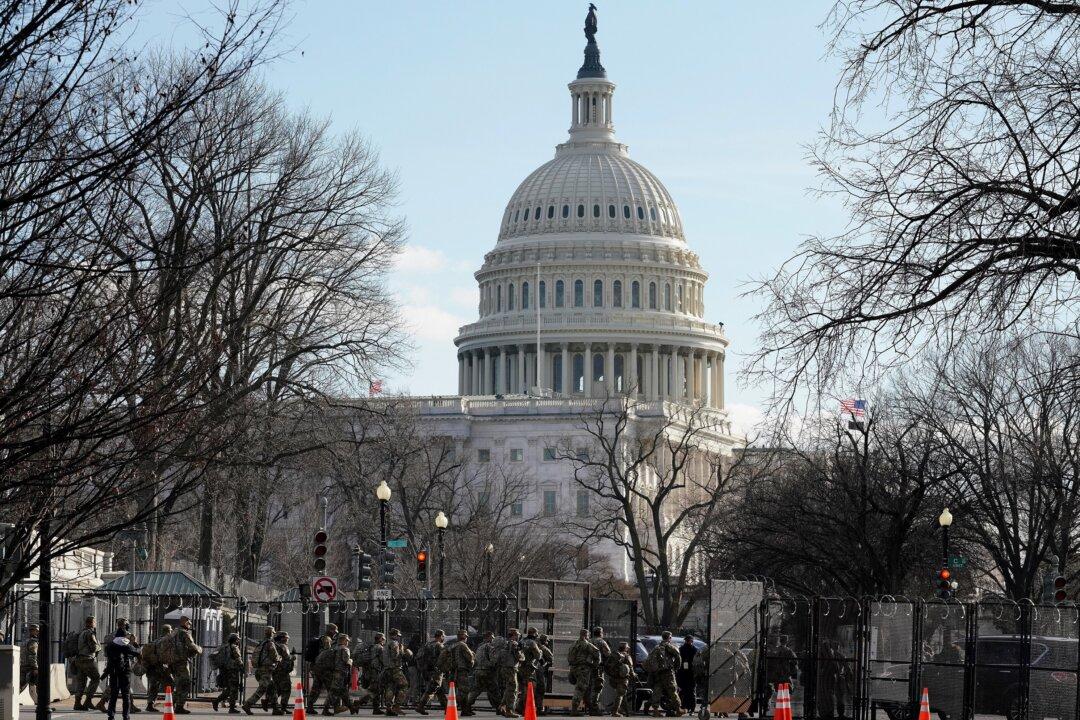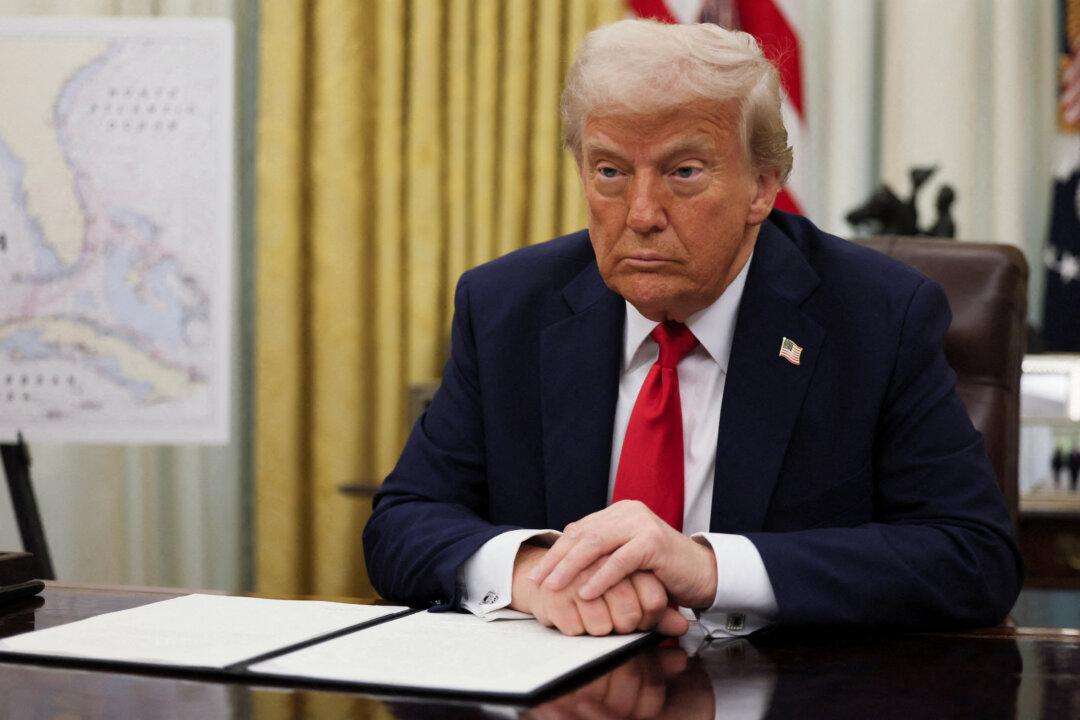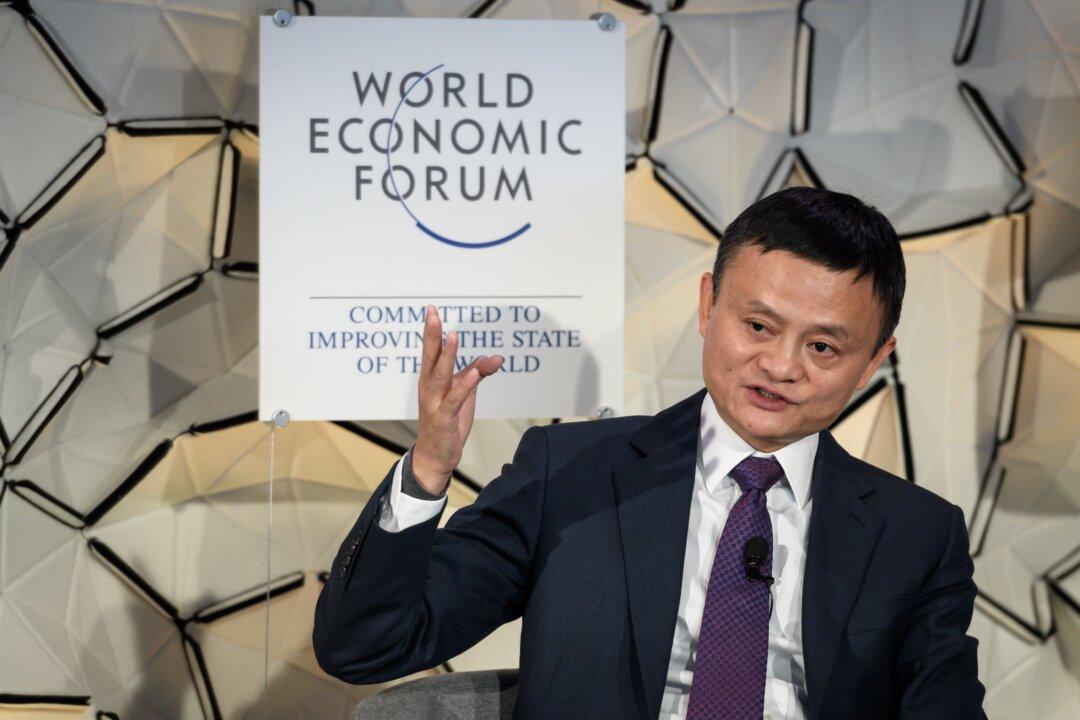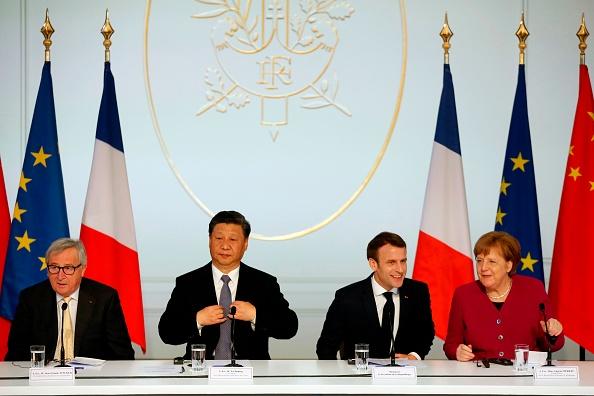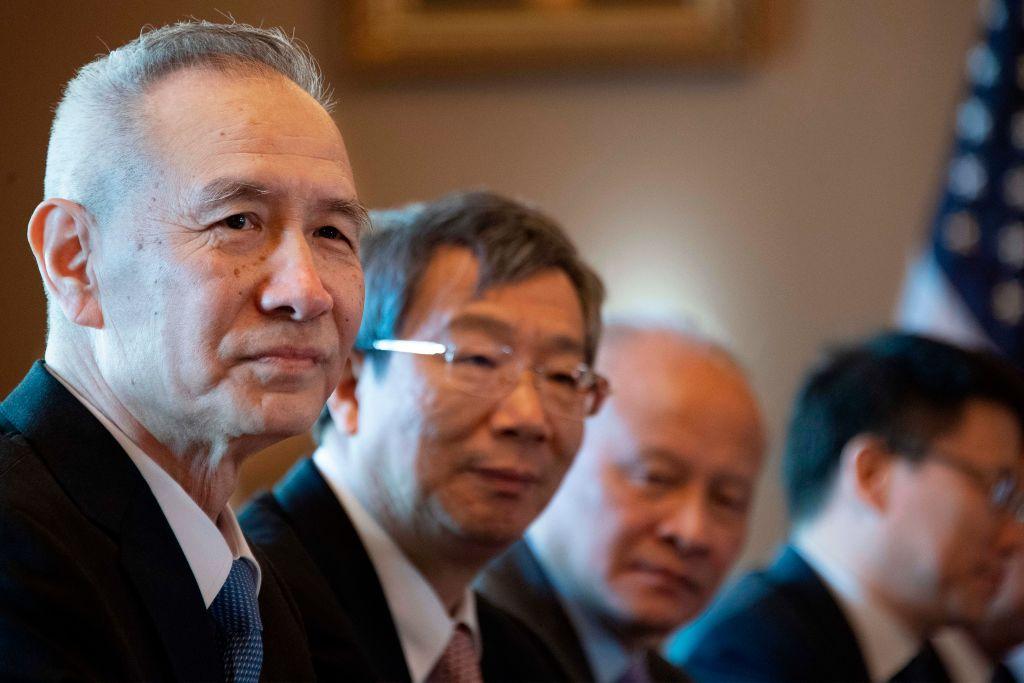Commentary
China’s state-run media Xinhua published an article on Jan. 21, titled “Farewell, Trump,” which was ranked first as top news. This one-paragraph article with less than 200 Chinese characters stated: “Trump steps down ... in the past four years, the world has not seen America become ‘great again’... the ‘beacon’ is collapsing, and ‘a city upon a hill’ myth is being shattered.”
